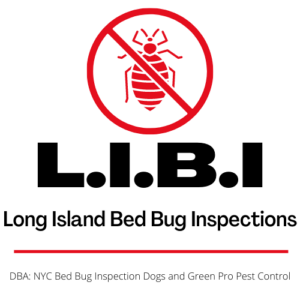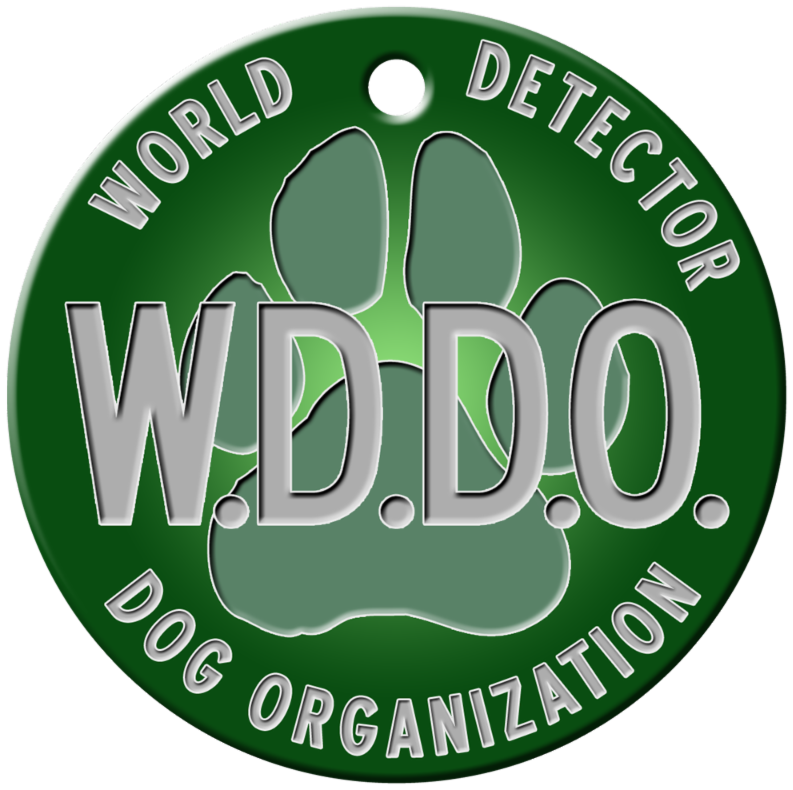Over the years pest control professionals searched for effective, safe, and environmentally friendly solutions to the bed bug problem. While traditional chemical pesticides have proven effective in the short term, they come with a variety of drawbacks. These include potential health risks for customers and exterminators, environmental damage, and the growing problem of pesticide resistance. Enter bio-pesticides.
Bio-pesticides are non-toxic, nature-based solutions that are quickly finding favor with pest control experts and their customers. They offer a safer and more sustainable alternative to traditional chemical treatments and represent a revolutionary approach to pest control.
The Challenge of Bed Bugs
Bed bugs are small, parasitic insects that feed on the blood of humans and other animals. Despite their small size these pests can cause significant discomfort to their hosts. Itching, allergic reactions, anxiety and stress are often the calling card of these troublesome pests.
For years the fight against bed bug infestations has focused on the use the chemicals pesticides. However, these chemicals often have unwanted side-effects. They can be toxic to humans and pets, they can contaminate the environment, and they contribute to the development of pesticide resistant bed bug populations. Consequently we’ve seen a growing demand for safer and more sustainable pest control solutions. Bio-pesticides have become one of the more popular alternatives, appealing to pest control specialists as well as the general public.
What are Bio-Pesticides?
Bio-pesticides are derived from natural materials such as plants, bacteria, and minerals. Unlike traditional chemical pesticide, bio-pesticides are generally considered non-toxic to humans and pets and are better for the environment. They work by using naturally occurring mechanisms to target and control pest populations. In essence they disrupt the pest’s biological processes and exploits their specific vulnerabilities through natural means.
There are several types of bio-pesticides, including microbial pesticides, plant incorporated protectants (PIPs), and biochemical pesticides. Microbial pesticides are most commonly used in bed bug control. They are typically composed of bacteria, fungi and viruses which either kill bed bugs directly or greatly reduce their ability to grow and reproduce.
What are the Advantages of Bio-Pesticides?
Bio-pesticides have many advantages, especially when compared with traditional chemical-based pest control methods:
-
Safety – One of the primary advantages of bio-pesticides is safety. Chemical pesticides can pose health risks to humans. Bio-pesticides are generally non-toxic. They are safe to use in homes, schools, and other environments where people are present. This makes them a welcome alternative for anyone concerned about the potential health impacts of traditional pesticides.
-
Environmentally Friendly – Bio-pesticides are biodegradable and present a minimal risk to the environment. They don’t contaminate soil, water or air and the don’t contribute to the pollution associated with chemical insecticides. Moreover, because bio-pesticides are derived from natural sources they are less likely to harm beneficial insects and wildlife.
-
Effective Against Resistant Strains – Over the decades bed bugs have developed a resistance to many common pesticides. Since they work through different mechanisms, bio-pesticides can often be more effective against strains of bed bugs that are no longer susceptible to traditional chemical treatments. This makes bio-pesticides an invaluable tool in any integrated pest management strategy.
-
Sustainability – The use of bio-pesticides aligns with the growing public demand for sustainable practices in all areas of life. By using natural materials and reducing the use of synthetic chemicals bio-pesticides support the broader goal of reducing any adverse impact on the environment and promoting a healthier planet.
-
Targeted Impact – Bio-pesticides are often highly specific in their action, targeting only the pests they are designed to eliminate. This reduces any unintended consequences such as the destruction of beneficial species or the disruption of local ecosystems.
The Future of Bed Bug Control
As the demand for alternatives to chemical-based bed bug solutions continues to rise, bio-pesticides are taking their place alongside heat and freezing as popular methods of pest control. The ability to effectively manage bed bug populations without the drawbacks of traditional insecticides makes bio-pesticides an attractive option for both professional pest control services and customers seeking to protect their homes and businesses.
Ongoing research in the field of bio-pesticides promises to deliver even more effective and innovative solutions in the fight against bed bugs. Future advances in pest control are expected to further enhance the efficacy, safety, and sustainability of bio-pesticides, solidifying their role as the preferred option for environmentally responsible pest control.
Published by Scott Palatnik
We are Bedbug Inspection & Elimination specialists.
From Manhattan to Montauk and all points in between.
Got questions?
We got answers.
Give us a call @ 212-299-9186 or 516-619-6149


